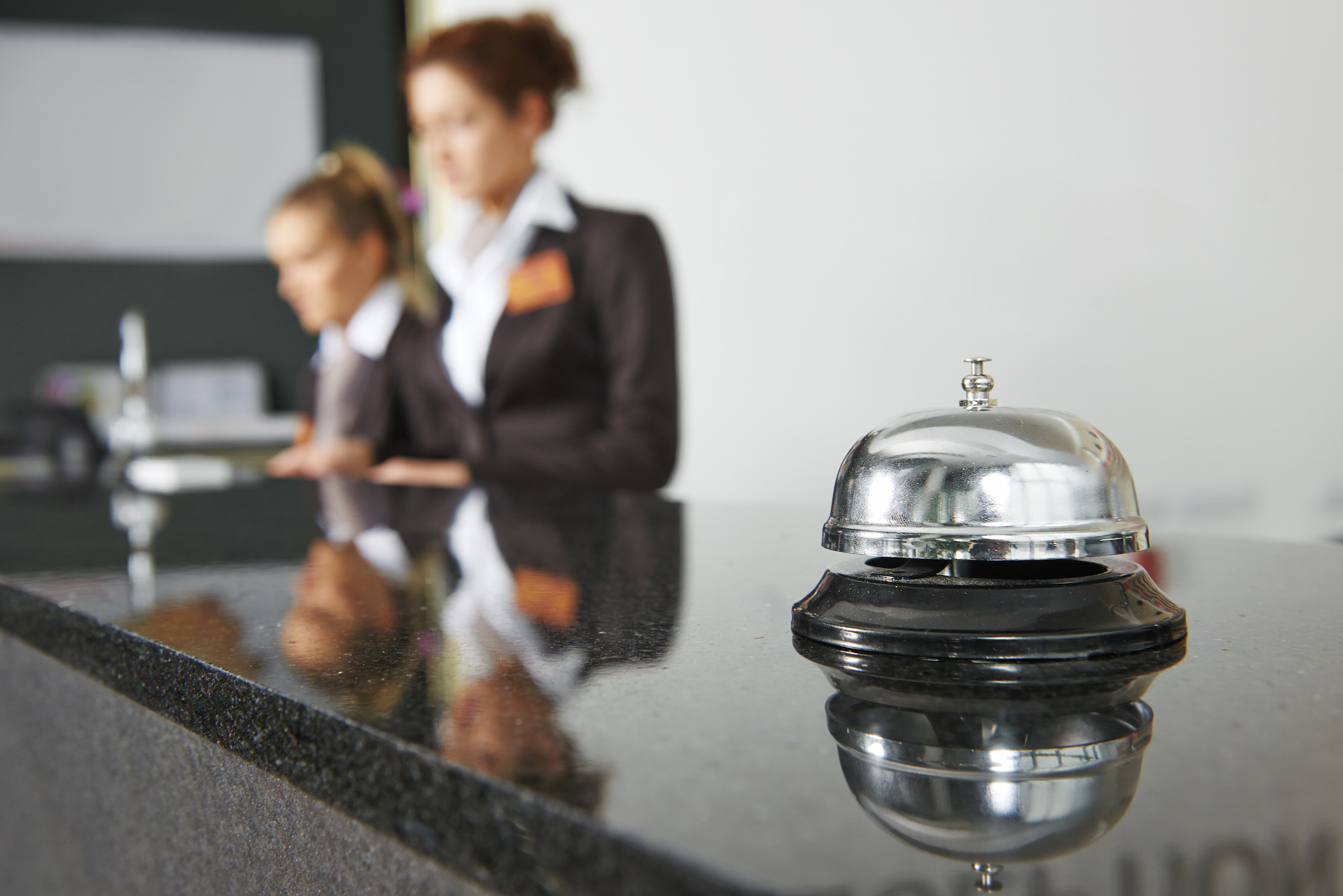How to Write the Perfect Thank You Note
/The job interview isn't over once you leave the meeting room. There is still one more step to the process, the thank you note.
#1: Salute with your interviewer's name.
Start off the note with "Dear Mr./Mrs." and include your interviewer's name. When you greet with their name, it shows that it is more personalized and you put thought into writing, rather than reusing a generic template. Also, indicate the date you met and position you applied for, to help refresh their memory. Your hiring manager might be conducting multiple interviews.
#2: Express your gratitude.
A thank you note/email would not be one if you do not include "Thank you". Write that you appreciated the time they took out to meet, speak and consider you for the position.
#3: Confirm that you are interested.
Let the hiring manager know that you are still interested in the position. State how you are excited to work for the company, and how you look forward to learning and growing with them. HR professionals like to hear enthusiasm from potential candidates when applying to jobs.
#4: Promote yourself.
Write a little promotional blurb about yourself. Briefly discuss your strengths and skills, and how they would be valuable to the team. You may also want to talk about your previous experience in the hospitality industry. Basically, provide further support on why you are qualified and the best candidate for the position.
#5: Remember to follow up.
Sum up by writing thank you once more, and suggesting to keep in contact. Mention how you can be reached again via email or phone, if your hiring manager has any further questions. If you do not hear back from him/her in about a week or so, send a friendly a reminder email.
LOOKING TO WORK IN HOSPITALITY?
DISCOVER WHO'S HIRING ON HARRI
Follow Harri on Facebook and Twitter
for real time job posts and industry news.












